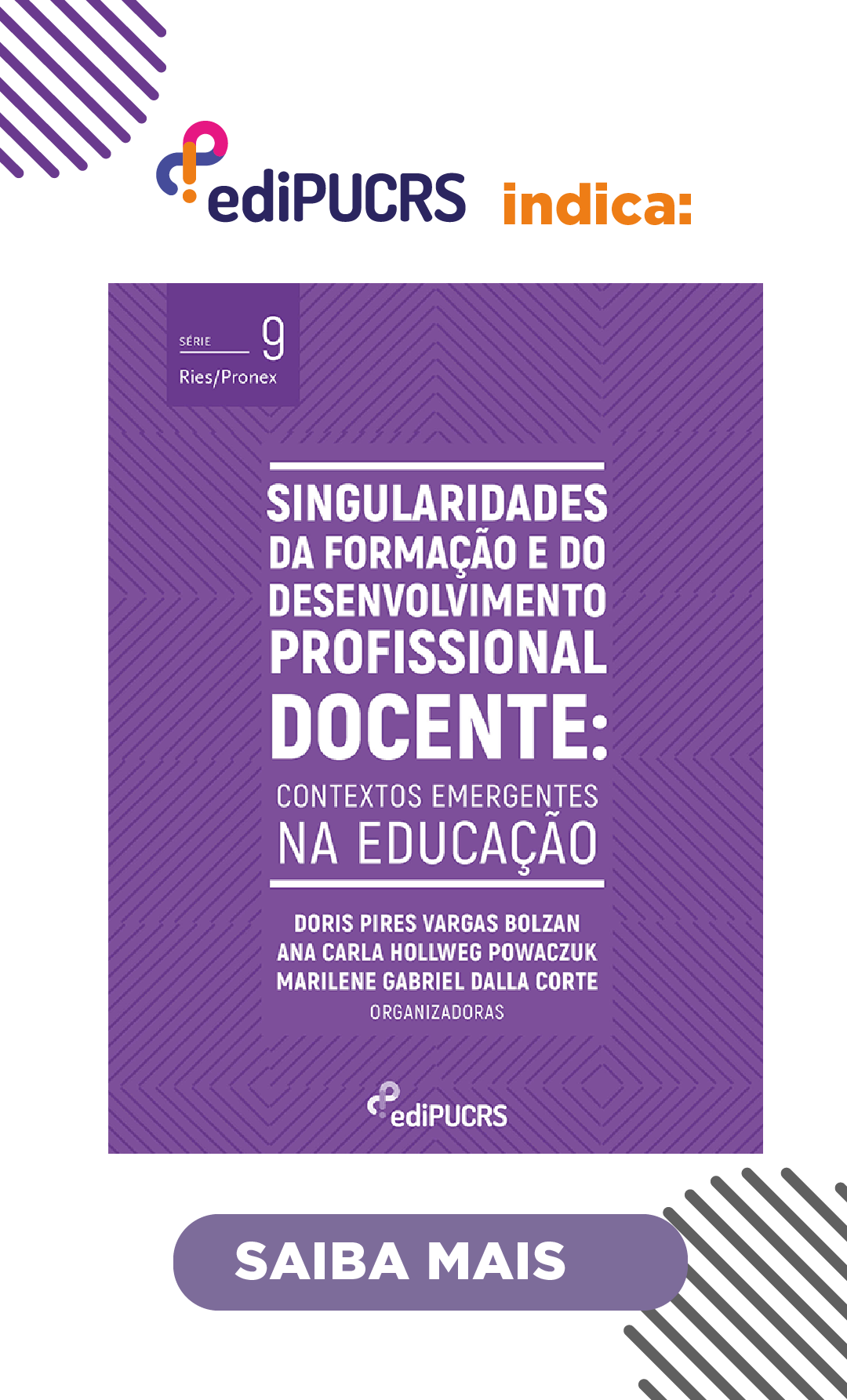Teaching and mathematical thinking in early childhood education
DOI:
https://doi.org/10.15448/2179-8435.2016.2.24109Keywords:
mathematical thinking, teaching, early childhood education.Abstract
At present, and from policies, plans and programs whose intention is to support, from initial education, integral development of children in Early Childhood, it has been given greater emphasis to the analysis of pedagogical and didactic practices of teachers at this level of education, with the aim of achieving higher levels of quality and relevance in the educational process. The article objective is to show the importance of teaching strategies which, aimed at Early Childhood Education, may become contribution to the teaching practice of mathematics training. These strategies contribute to the development and strengthening of mathematical thinking, and deserve its utilization in connection with the evolutional moment, interests and needs of children between three and five years old. The presented contribution is the product of experience and professional formation in Early Childhood Education and of development of practices in classroom about mathematics didactics for teachers in training. These practices were developed in pedagogy courses in two Higher Education Institutions, one of them in Colombia and the other in southern Brazil. The paper shows the importance of designing teaching strategies which, in order to develop mathematical thinking in children, make use of interactive and playful experiences associated with movement, art, exploration and literature, that beyond responding what to teach at this level, they concentrate on the response of how to teach.
Downloads
References
BRASIL. Ministério da Educação. Secretaria de Educação Básica. Diretrizes Curriculares Nacionais para a Educação Infantil. Secretaria de Educação Básica. Brasília: MEC, SEB, 2010.
DIEZ, Carlos. Fundamentación teórica del método para prendizaje natural de las matemáticas. Maestría en Educación. Bogotá, Colombia: CIFE, 2014.
FONT, Vicenc. Matemáticas y Sociedad. Departamento de Didáctica de la Matemática, Facultad de Ciencias de la Educación Universidad de Granada, 2004.
GADOTTI, Moacir. Historia de las ideas pedagógicas. São Paulo: Ática, 2006.
HUSSERL, Edmund. Artículo de la Enciclopedia Británica. Traducido por Antonio Zirion. Cuadernos UNAM, Mexico, 1984.
MINISTERIO DE EDUCACIÓN NACIONAL DE COLOMBIA. Lineamientos curriculares en Matemáticas. Bogotá, 1998.
MINISTERIO DE EDUCACIÓN NACIONAL DE COLOMBIA. Estándares básicos de Competencias en lenguaje, matemáticas, ciencias y ciudadanas. Bogotá, 2006.
OTALORA, Yenny. El niño como matemático. Centro de investigaciones en psicología, cognición y cultura. México, 2002.
MCINTOSH, A.; REYS, Barbara. Assessing Number Sense: Collaborative Initiatives in Australia, United States, Sweden and Taiwan.
Alistair McIntosh, Jack Bana & Brian Farrell (Ed.). University. 1997.
http://www.merga.net.au/documents/RP_McIntosh_Bana_Farrell_1997.pdf. Consultado em: 09 abr. 2016.
PIAGET, Jean. El lenguaje y las operaciones intelectuales. Estudios de psicología genética. Buenos Aires: Emecé, 1969.
VYGOTSKY, Lev.; KOZULIN, A.; ABADÍA, J. Pensamiento y lenguaje. Barcelona: Paidós, 1995.





